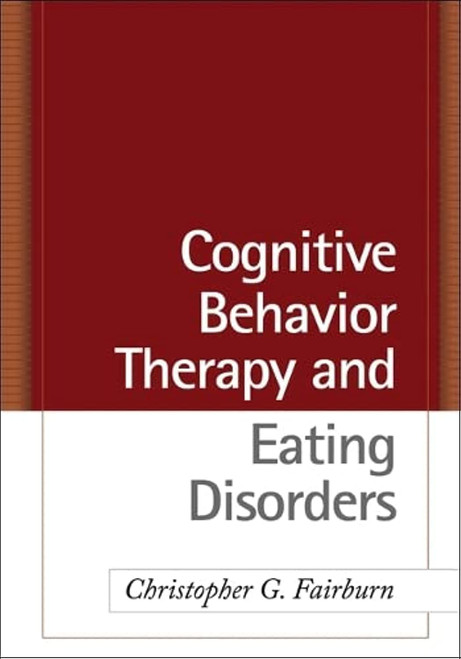Does religion belong in psychotherapy?
For anyone in the helping profession, whether as mental health professionals or religious leaders, this question is bound to arise. Many mental health professionals feel uncomfortable discussing religion, while many religious leaders feel uncomfortable referring their congregants to professionals who have no knowledge of their faith, nor intent to engage with it.
And yet Michelle Pearce, PhD, assistant professor and clinical psychologist at the Center for Integrative Medicine at the University of Maryland, argues that if religion is important to a client, then religion will be a part of psychotherapy, whether it is discussed or not. Clients cannot check their values at the door any more than the professionals who treat them.
To Pearce, the question isnt really does religion belong? but rather how can mental health professionals help their religious clients engage with and use their faith as a healing resource in psychotherapy?
Cognitive Behavioral Therapy for Christian Clients with Depression is the answer to that question, as the books purpose is to educate mental health professionals and pastoral counselors about religions role in therapy, as well as equip them to discuss religious issues and use evidence-based, religiously-integrated tools with Christian clients experiencing depression.
In this book, readers will find the following resources in an easy-to-use format:
Cognitive Behavioral Therapy for Christian Clients with Depression is a practical guide for mental health professionals and pastoral counselors who want to learn how to use Christian-specific CBT tools to treat depression in their Christian clients.
For anyone in the helping profession, whether as mental health professionals or religious leaders, this question is bound to arise. Many mental health professionals feel uncomfortable discussing religion, while many religious leaders feel uncomfortable referring their congregants to professionals who have no knowledge of their faith, nor intent to engage with it.
And yet Michelle Pearce, PhD, assistant professor and clinical psychologist at the Center for Integrative Medicine at the University of Maryland, argues that if religion is important to a client, then religion will be a part of psychotherapy, whether it is discussed or not. Clients cannot check their values at the door any more than the professionals who treat them.
To Pearce, the question isnt really does religion belong? but rather how can mental health professionals help their religious clients engage with and use their faith as a healing resource in psychotherapy?
Cognitive Behavioral Therapy for Christian Clients with Depression is the answer to that question, as the books purpose is to educate mental health professionals and pastoral counselors about religions role in therapy, as well as equip them to discuss religious issues and use evidence-based, religiously-integrated tools with Christian clients experiencing depression.
In this book, readers will find the following resources in an easy-to-use format:
- An overview of the scientific benefits of integrating clients religious beliefs and practices in psychotherapy
- An organizing therapeutic approach for doing Christian CBT
- Seven tools, specific to Christian CBT, to treat depression
- Suggested dialogue for therapists to introduce concepts and tools
- Skill-building activity worksheets for clients
- Clinical examples of Christian CBT and the seventools in action
Cognitive Behavioral Therapy for Christian Clients with Depression is a practical guide for mental health professionals and pastoral counselors who want to learn how to use Christian-specific CBT tools to treat depression in their Christian clients.










